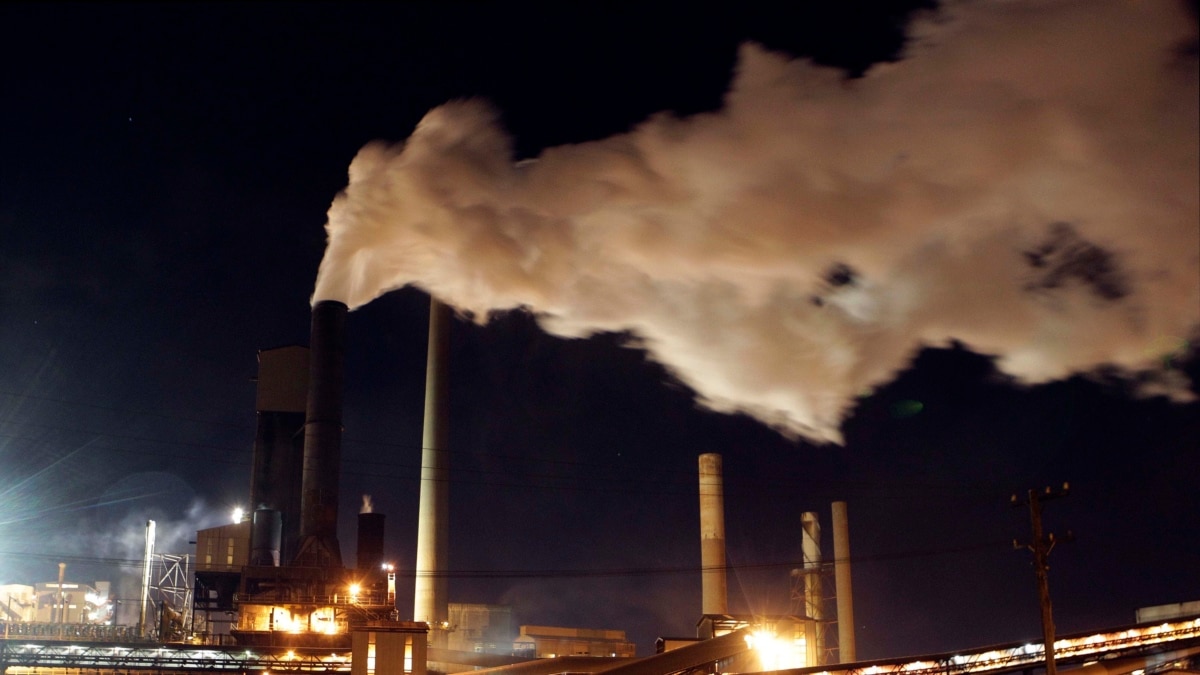
This article was originally published on VOA News - Science. You can read the original article HERE

Australian scientists say they have discovered how an enzyme “hidden in nature’s blueprint” could help develop climate-resilient crops able to remove more carbon dioxide from the atmosphere.
An Australian study, by researchers from Australian National University and the University of Newcastle in New South Wales, focuses on a type of bacteria researchers call “tiny carbon superheroes.”
Cyanobacteria, a type of algae-like bacteria also called blue-green algae, are found in fresh and coastal waters, as well as oceans. They are commonly known for their toxic blooms in lakes and rivers.
Through the process of photosynthesis, Australian scientists say, they capture about 12% of the world’s carbon dioxide each year.
Their study says a carbon dioxide-concentrating mechanism in cyanobacteria lets them turn atmospheric carbon dioxide into sugars for cells to eat more quickly than most standard plants and crops.
Until now, the Australian team was unaware how critical an enzyme in cyanobacteria, called carboxysomal carbonic anhydrase, was to the process. The study says the mystery of how the enzyme maximizes the cyanobacteria’s ability to extract atmospheric carbon dioxide has been solved.
Ben Long, a senior lecturer in molecular plant biology at Australia's University of Newcastle and is the study’s lead author.
He told VOA that the aim is to engineer crops that can absorb more greenhouse gases.
“We are actually interested in utilizing this CO2-concentrating mechanism from cyanobacteria, which we know is a remarkably efficiently system for capturing CO2 and we want to engineer that into plant cells to make plant cells able to capture CO2 far more effectively and efficiently,” Long said.
The research says that engineered plants that are more efficient at capturing carbon dioxide could increase crop yield, making global food systems that are more resilient to climate change.
Long says the findings should be part of international efforts to reduce greenhouse gases.
“Every technology has to be brought to bear to try to reduce CO2 emissions and reduce CO2 in the atmosphere and I think to date we have not really focused much on those potential biological applications to reduce greenhouse gas emissions,” Long said.
The study has been published in the journal Science Advances.
This article was originally published by VOA News - Science. We only curate news from sources that align with the core values of our intended conservative audience. If you like the news you read here we encourage you to utilize the original sources for even more great news and opinions you can trust!










Comments